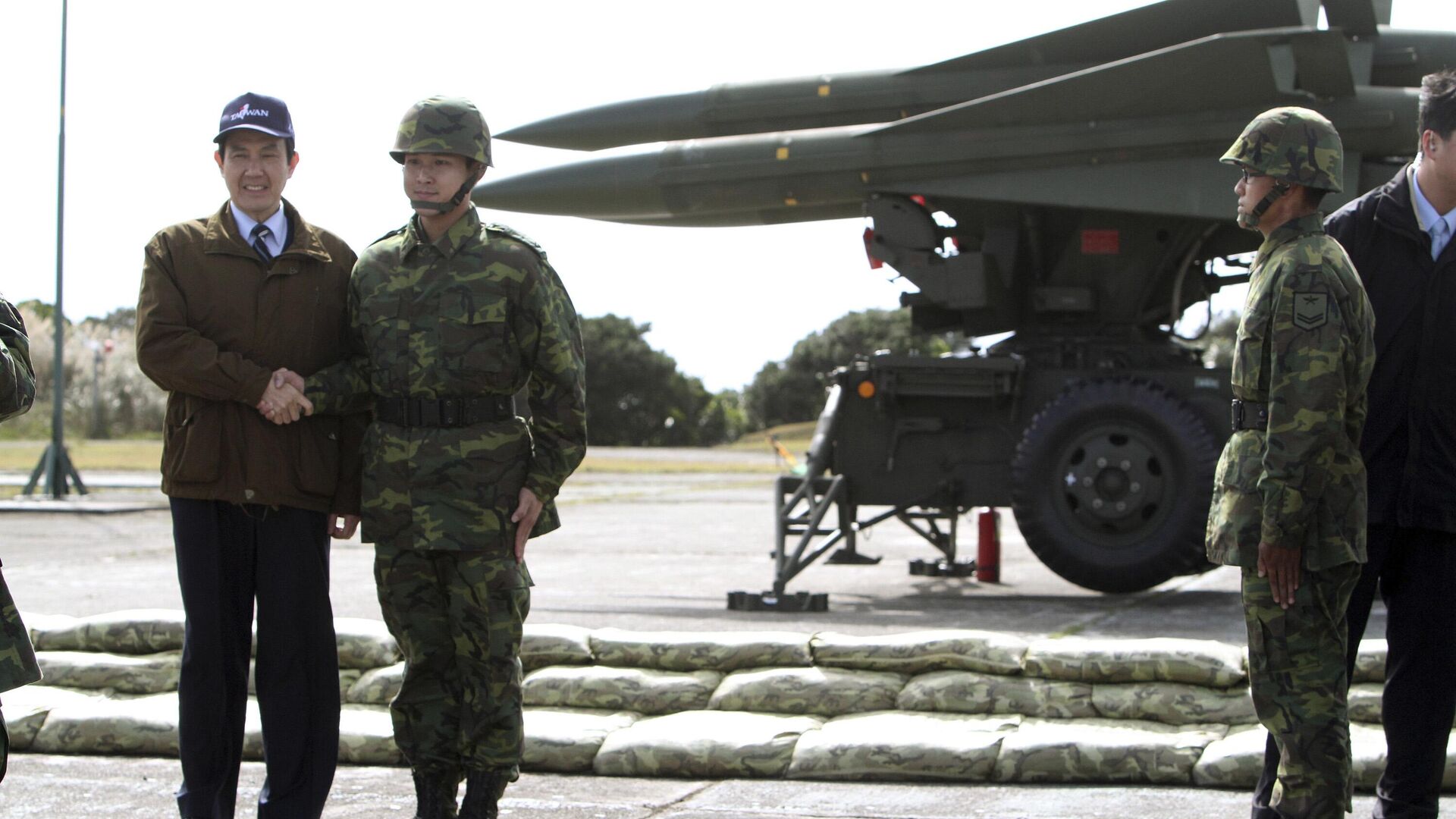
Beijing - Saba:
The Chinese Foreign Ministry expressed its dissatisfaction on Sunday with the continued US military aid to Taiwan and lodged a stern protest with Washington.
It stressed that this aid seriously violates the "One China" principle, its sovereignty and security interests.
The Chinese Foreign Ministry published a statement on Sunday morning, saying: "The United States has once again agreed to military aid and arms sales to the Taiwan region of China. This seriously violates the One China principle and the three joint communiques between China and the United States, especially the August 17, 1982 communique."
The Chinese Foreign Ministry continued in its statement that this matter "constitutes a gross violation of the US leaders' commitment not to support Taiwan independence, and sends a very wrong signal to the separatist forces seeking Taiwan independence. China strongly condemns and strongly opposes this decision, and has immediately lodged serious representations with the United States."
The Chinese statement pointed out that the Taiwan issue affects China's core interests, describing it as a "red line" in Sino-US relations that cannot be crossed.
The White House announced on Friday that US President Joe Biden had agreed to provide additional military aid worth $571 million, as Biden asked Secretary of State Anthony Blinken to facilitate the sending of military materials and services to support Taiwan.
The Taiwanese Ministry of Defense announced the arrival of the first shipment of US-made "Abrams" tanks, as the island received 38 tanks, for the first time in 30 years, as Taipei has not received new tanks from Washington since 1994.
It is noteworthy that official relations between the Chinese central government and the island of Taiwan were severed in 1949, after the Kuomintang forces led by Chiang Kai-shek, who were defeated in the civil war with the Chinese Communist Party, moved to Taiwan.
While China considers the self-governing island an integral part of its territory, vowing to reclaim it by force if necessary, Beijing also rejects any official contacts by foreign countries with Taipei, and considers Chinese sovereignty over the island indisputable.
The Chinese Foreign Ministry expressed its dissatisfaction on Sunday with the continued US military aid to Taiwan and lodged a stern protest with Washington.
It stressed that this aid seriously violates the "One China" principle, its sovereignty and security interests.
The Chinese Foreign Ministry published a statement on Sunday morning, saying: "The United States has once again agreed to military aid and arms sales to the Taiwan region of China. This seriously violates the One China principle and the three joint communiques between China and the United States, especially the August 17, 1982 communique."
The Chinese Foreign Ministry continued in its statement that this matter "constitutes a gross violation of the US leaders' commitment not to support Taiwan independence, and sends a very wrong signal to the separatist forces seeking Taiwan independence. China strongly condemns and strongly opposes this decision, and has immediately lodged serious representations with the United States."
The Chinese statement pointed out that the Taiwan issue affects China's core interests, describing it as a "red line" in Sino-US relations that cannot be crossed.
The White House announced on Friday that US President Joe Biden had agreed to provide additional military aid worth $571 million, as Biden asked Secretary of State Anthony Blinken to facilitate the sending of military materials and services to support Taiwan.
The Taiwanese Ministry of Defense announced the arrival of the first shipment of US-made "Abrams" tanks, as the island received 38 tanks, for the first time in 30 years, as Taipei has not received new tanks from Washington since 1994.
It is noteworthy that official relations between the Chinese central government and the island of Taiwan were severed in 1949, after the Kuomintang forces led by Chiang Kai-shek, who were defeated in the civil war with the Chinese Communist Party, moved to Taiwan.
While China considers the self-governing island an integral part of its territory, vowing to reclaim it by force if necessary, Beijing also rejects any official contacts by foreign countries with Taipei, and considers Chinese sovereignty over the island indisputable.